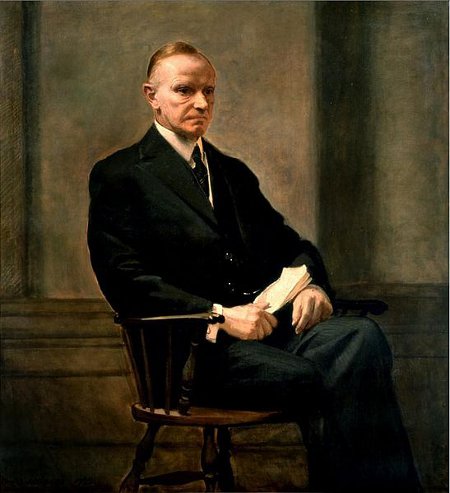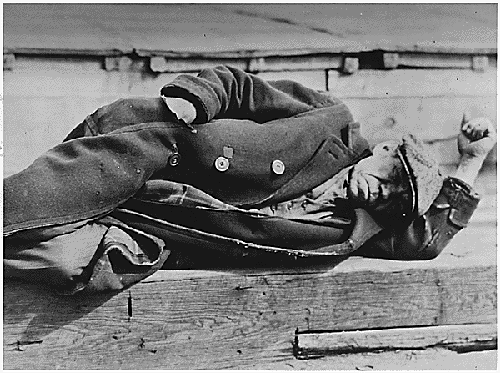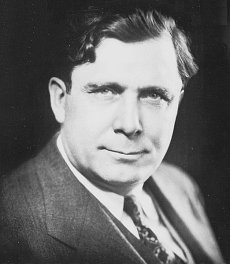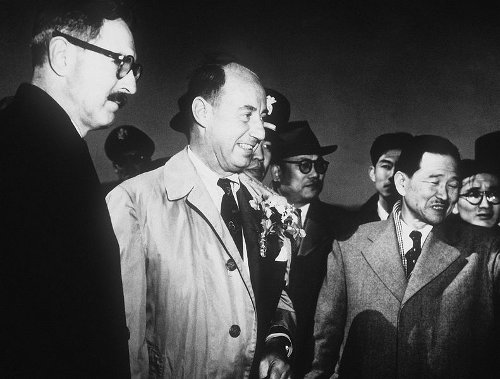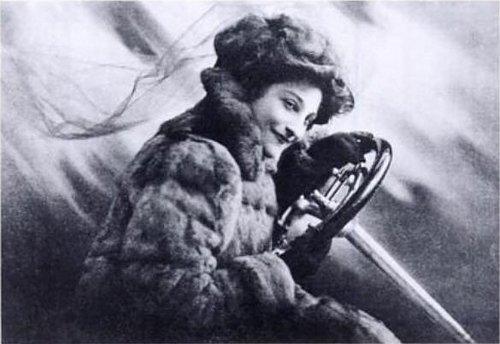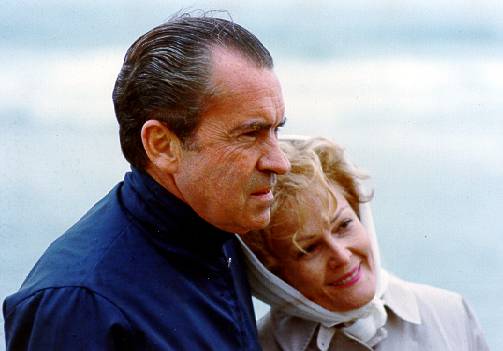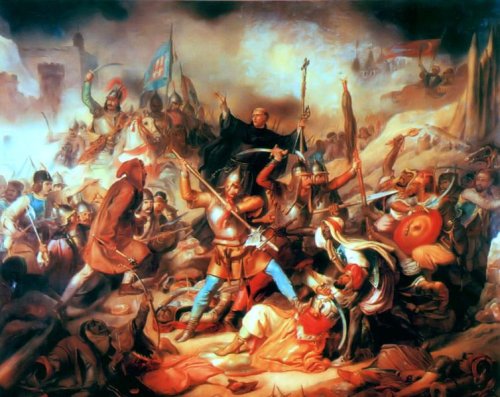
An Austrian army, awfully arrayed,
Boldly by battery beseiged Belgrade;
Cossack commanders cannonading come,
Dealing destruction’s devastating doom;
Every endeavour engineers essay
For fame, for fortune, forming furious fray;
Gaunt gunners grapple, giving gashes good;
Heaves high his head heroic hardihood;
Ibraham, Islam, Ismail, imps in ill,
Jostle John, Jarovlitz, Joe, Jack, Jill,
Kick kindling Kutosoff, kings’ kinsmen kill;
Labor low levels loftiest, longest lines;
Men marched ‘mid moles, ‘mid mounds, ‘mid murd’rous mines.
Now nightfall’s near, now needful nature nods,
Opposed, opposing, overcoming odds.
Poor peasants, partly purchased, partly pressed,
Quite quaking, Quarter! quarter! quickly quest.
Reason returns, recalls redundant rage,
Saves sinking soldiers, softens seigniors sage.
Truce, Turkey, truce! Truce, treach’rous Tartar train!
Unwise, unjust, unmerciful Ukraine!
Vanish, vile vengeance! Vanish, victory vain!
Wisdom wails war — wails warring words. What were
Xerxes, Xantippe, Ximenes, Xavier?
Yet Yassey’s youth, ye yield your youthful yest,
Zealously, zanies, zealously, zeal’s zest.
— William T. Dobson, Literary Frivolities, Fancies, Follies and Frolics, 1880
